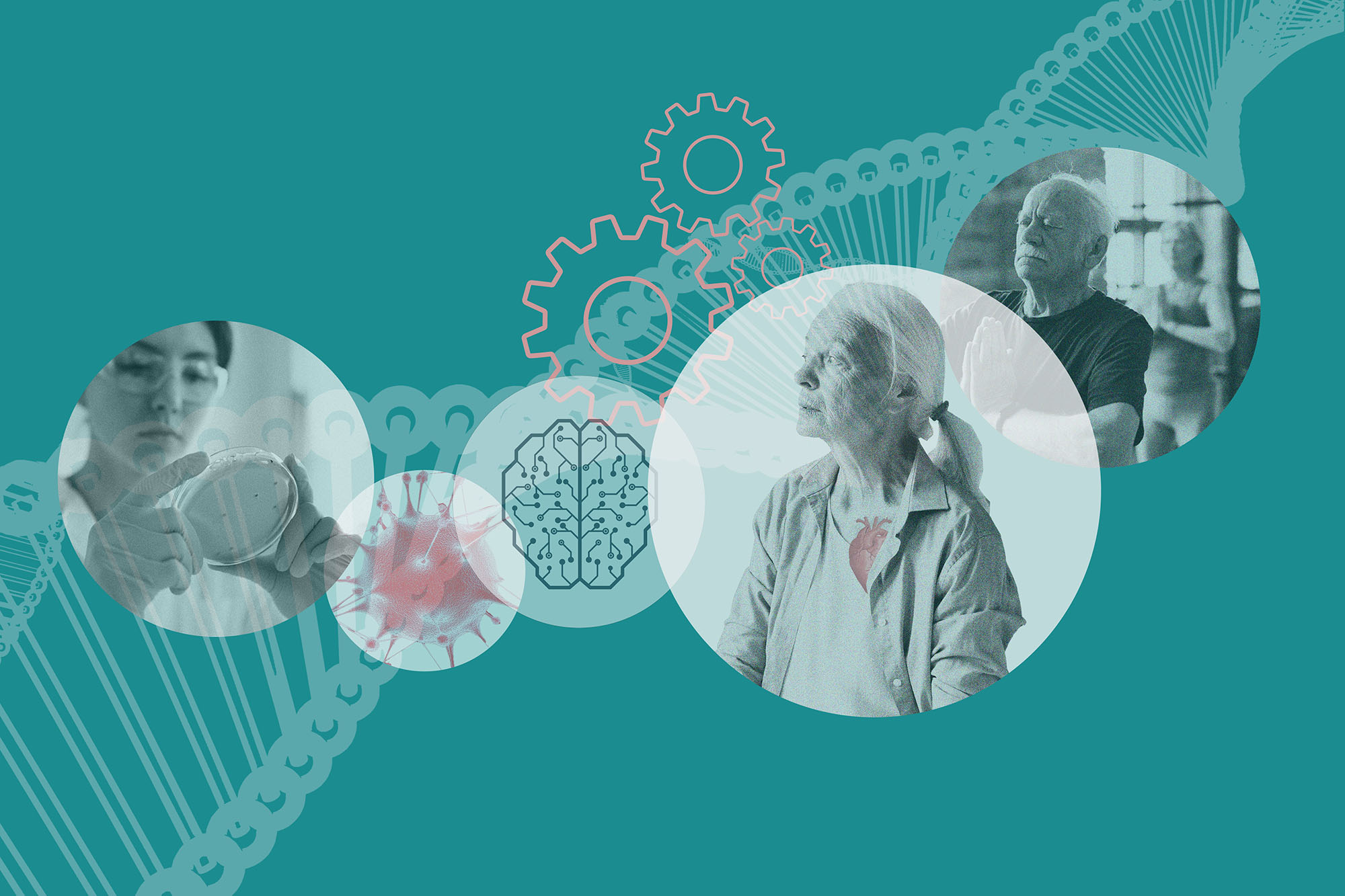Say it with flowers from Africa

Switzerland's Max Havelaar Foundation has launched a new fair trade campaign to support flower producers in Africa.
The Basel-based organisation is lending its fair trade label to roses grown on farms in Kenya and Zimbabwe. A premium imposed on the Swiss retail price will be ploughed back into the communities to improve the lives of the people there.
The 12 farms involved in the project have signed contracts with the Foundation promising minimum standards of employment and conditions for their workers.
The Max Havelaar Foundation was set up by several Swiss charities in 1992 with the aim of promoting fair trade between the developed and developing world.
Its label certifies that the product sold has been controlled according to international fair trade criteria.
These ensure decent housing, minimum safety standards, the protection of children and minimum environmental requirements.
The Foundation hopes that its slogan “if you’re going to say it, say it with Max Havelaar” will encourage people to buy roses carrying its label in the knowledge that their purchase will help poor communities in Africa.
“The premium will go to improve schooling in the villages or to expand health cover for the families of workers,” says Heini Conrad, who developed the project for the Foundation.
“It’s also one of the core criteria that owners pay their workers at least the legal minimum wage.”
As the proceeds from sales reach the villages, Conrad says salaries should increase above the minimum.
The fair trade roses go on sale across Switzerland on Wednesday.
“Our partners for the launch include the main retailers, Migros and Coop,” says Conrad. “And also Flower 3000 which has outlets in railways stations and the small retailer Volg.”
The national florists’ association is also on board and will help to expand the number of stockists.
The Swiss spend around SFr124 ($72) a year per head on cut flowers, more than any other nation. In its statement, the Foundation describes the rose as the symbol of love and femininity and urges people to buy its roses as a way to support African women. Women make up the bulk of the workforce on flower producing farms.
Consumers will find that the flowers cost up to 15 per cent more than other bouquets but the Foundation says it expects to corner a large part of the market.
“Based on our experience with the banana market we know there are consumers willing to pay more to support fair trade principles,” says Conrad. “We have a 20 per cent share of the banana market so these people will pay a little more for flowers.”
Around a fifth of roses sold in Switzerland are imported from developing countries. The Max Havelaar Foundation hopes to achieve eight per cent of that market over the next year and to increase that to 20 per cent over the next few years.
It’s hoped that in future farms in Zambia, Ecuador and India will also be included in the scheme.
As well as flowers and bananas, the Max Havelaar fair trade label can also be found on coffee, tea, cocoa, chocolate, sugar, honey and orange juice.
by Michael Hollingdale

In compliance with the JTI standards
More: SWI swissinfo.ch certified by the Journalism Trust Initiative








You can find an overview of ongoing debates with our journalists here . Please join us!
If you want to start a conversation about a topic raised in this article or want to report factual errors, email us at english@swissinfo.ch.